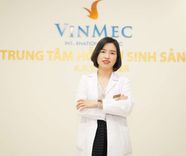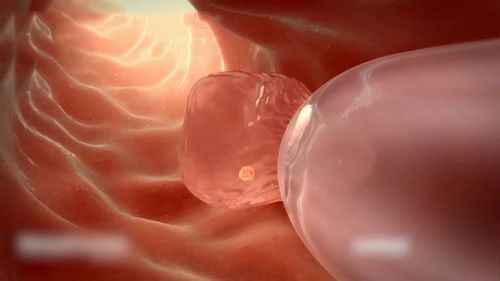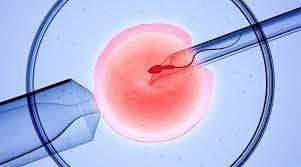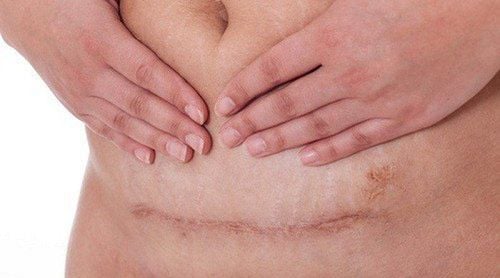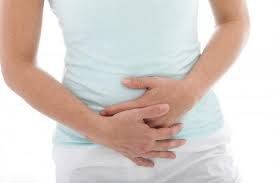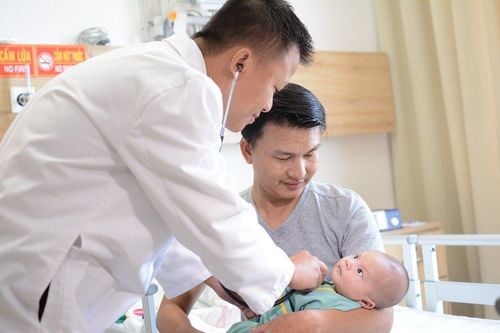This is an automatically translated article.
The article is professionally consulted by Master, Doctor Nguyen Thi Xuyen - Clinician - Reproductive Support Center - Vinmec Times City International Hospital. The doctor has many years of experience in the field of reproductive health and assisted reproduction.Artificial insemination (IVF) is an assisted reproductive technology for infertile couples. One of the most important and influencing stages of IVF success or failure is the post-embryo transfer period. There are many factors that affect this stage and one of them is the rest and nutrition of the mother after embryo transfer.
1. Nutrition after embryo transfer
After the embryo transfer, you should focus on a healthy, balanced diet and don't make any major dietary changes during this time. Reproductive endocrinologists recommend that post-embryo transfer mothers use a Mediterranean-style diet. This is a plant-based diet that provides the positive nutrients your body needs.Research shows, the Mediterranean diet improves IVF success rates in non-obese women under 35 years of age. While other research, eating a healthy diet in the first weeks after embryo transfer certainly did not affect fertility and fetal development.
Besides, this diet also improves the quality of sperm health, so pregnant women should also encourage their husbands/partners to join them in the Mediterranean diet.
The Mediterranean diet is as follows:
Eat mainly plants such as fresh fruits and vegetables. Choose lean proteins, like fish and poultry. Eat whole grains, like quinoa, farro, and whole-grain pasta.
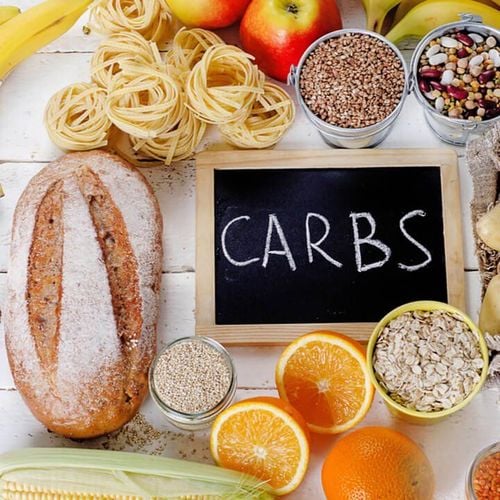
2. Rest after embryo transfer
Many women avoid or stop exercising after an embryo transfer because they fear it will affect their ability to conceive. Recent research suggests that complete bed rest is not advisable.However, pregnant women should not do anything such as strenuous work or excessive exercise, it is important to keep the blood circulation in the body going well to nourish the fetus. Women should not lie down or sit a lot. Maintaining normal living habits is also important to keep the mother's psyche stable after lung transfer.

During the IVF process, it requires a lot of effort from the mother, so it affects both physical health and mental health, so it is necessary for women to take time to rest, recover and listen to their needs. demand of the body. If you feel tired, stop and rest. Leave the housework to someone else, take a gentle walk in the fresh air, eat scientifically.
Please dial HOTLINE for more information or register for an appointment HERE. Download MyVinmec app to make appointments faster and to manage your bookings easily.
